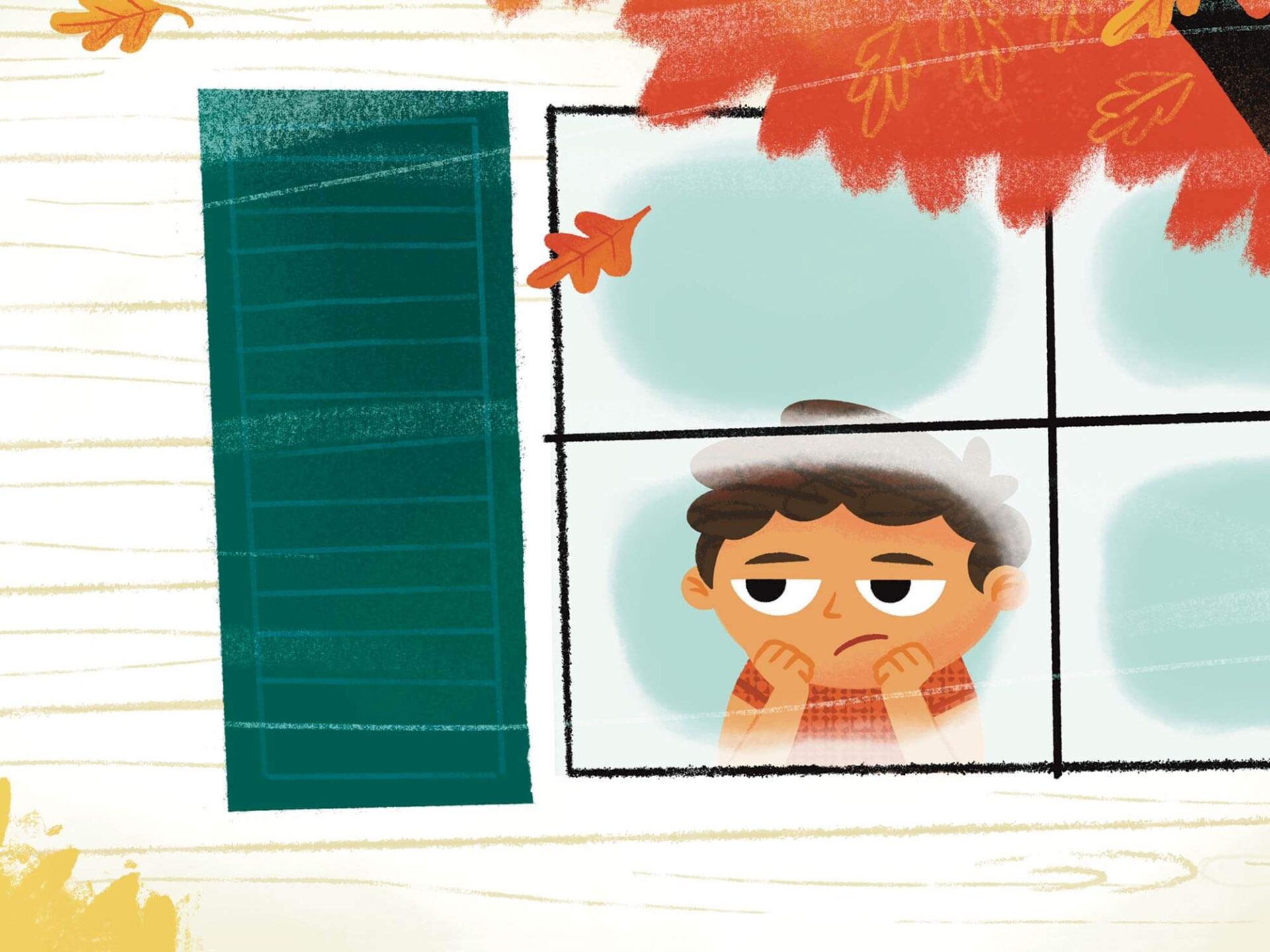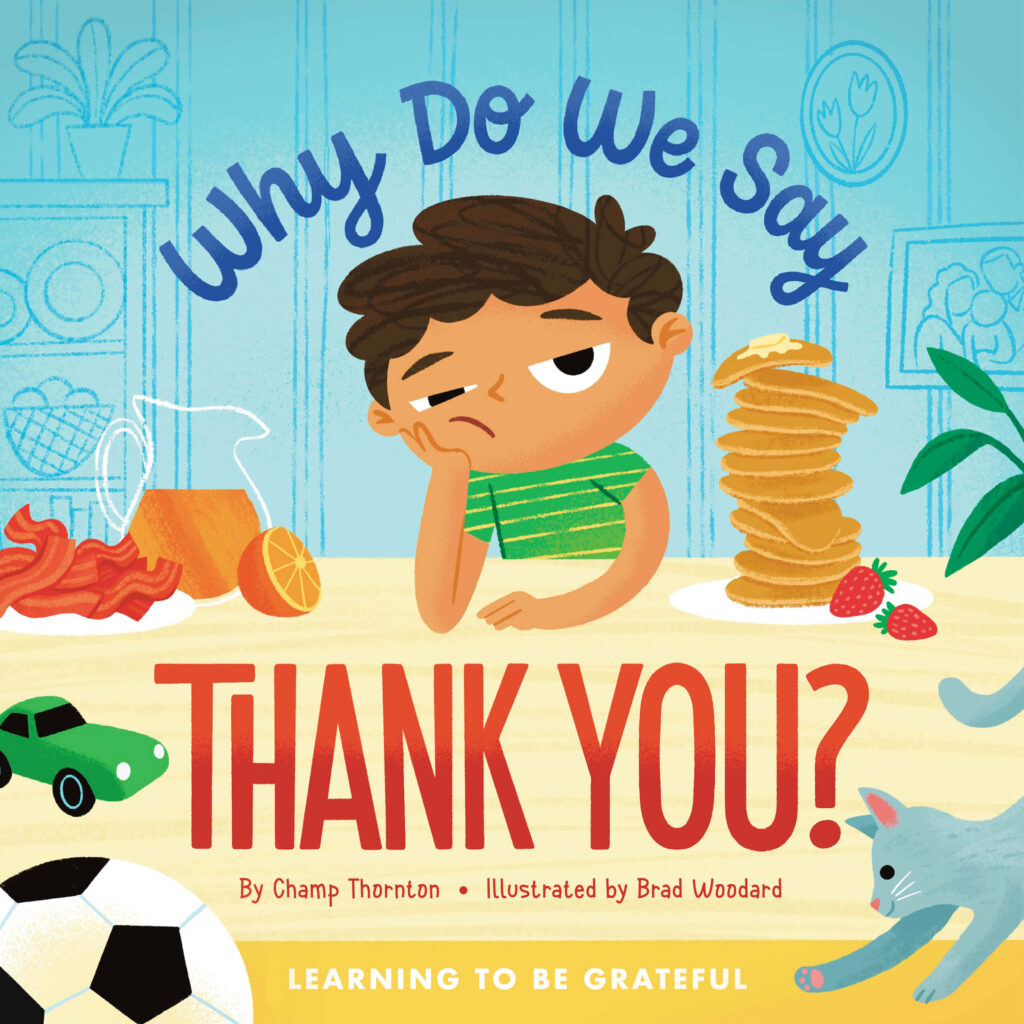Boredom, complaining, and ingratitude often go hand in hand. Helping your child overcome these bad attitudes involves two things—seeing the wonder and goodness of what God has created and trusting the forgiveness we have in Jesus.
When a child feels bored, they’re often being passive or just plain lazy. They want to enjoy having something fun, new, or entertaining served to them without work or inconvenience. But if they stop and take a good look around, they will easily notice some of the wonderful things God has made (Psalm 8:1–4; 111:2).
When a child complains, you’re probably not surprised. If we’re honest, we can all admit that when we’re bored, even as adults, it’s easy to complain. In contrast, when we are truly enjoying what God has made, his good gifts are intended to fill our hearts with delight (Acts 14:17; 1 Timothy 6:17).
And when a child is ungrateful, as when they are bored, they’re not recognizing that every created thing comes from God (1 Chronicles 29:14). Thankfulness, by comparison, acknowledges the Source of every good thing, enjoys the gift, and thanks the Giver (Psalm 147:7–8; Mark 8:6–8).
The attitudes of boredom, complaining, and ingratitude are often interconnected. Sometimes not being thankful is expressed through feeling bored and then complaining. These attitudes may reflect that someone is having a bad day. But at heart, they may also signal that one is missing the connection between the Creator and his creation. Unbelievers shut their eyes to the Source of the world they live in (Romans 1:21). But God intends his people to enjoy what he’s made, to recognize why they enjoy it (because he made it), and to give him thanks.
But what if we are having a bad day? Often, it’s the hard times that expose what’s really in our hearts—and, like the grumpy boy in Why Do We Say Thank You, it’s not pretty (Psalm 66:10; 1 Peter 1:6–7). Not being thankful comes from turning away from the Lord and going our own way—what the Bible calls sin (Isaiah 53:6; Romans 1:21). The result? We get grumpier and grumpier. And we complain more and more.
Yet hard times are meant to send us to Jesus for help when we are in trouble and for forgiveness when we respond to trouble by going our own way (Psalm 34:17; 1 John 1:8–9). Jesus came to save us from all the ways we go our own way—including grumbling and complaining. So even in hard times we can always be thankful that Jesus is near and that he forgives our sins. Learning to be thankful at all times opens our eyes to the goodness that is all around us (1 Thessalonians 5:18).
Why Do We Say Thank You? uses a fun and fantastical dream to help your child visualize the connection between the goodness of the Creator and the goodness of his creation. In day-to-day life, outside this book, we don’t actually see beams of light illustrating this connection. But your child can use their senses to experience God’s creation, and see the connection between God and his world through faith (2 Corinthians 5:7).
God made everything in life to display his own goodness and beauty. So everything is created to delight us. That is Why, when we see and enjoy what God has made, We Say Thank You.
Excerpted from Why Do We Say Thank You? © 2022 by George Thomas Thornton II. Used by permission of New Growth Press. May not be reproduced without prior written permission.
Why Do We Say Thank You?: Learning to be Grateful
From the moment he wakes up, the young boy complains about everything. The sun is too bright, his pancakes are icky, and everything is so terribly boring. He can’t see why everyone else is having such a wonderful time—until his eyes are opened to the wonder of God’s world. Now he begins to see all the great things he’s missed and learns to be grateful.






